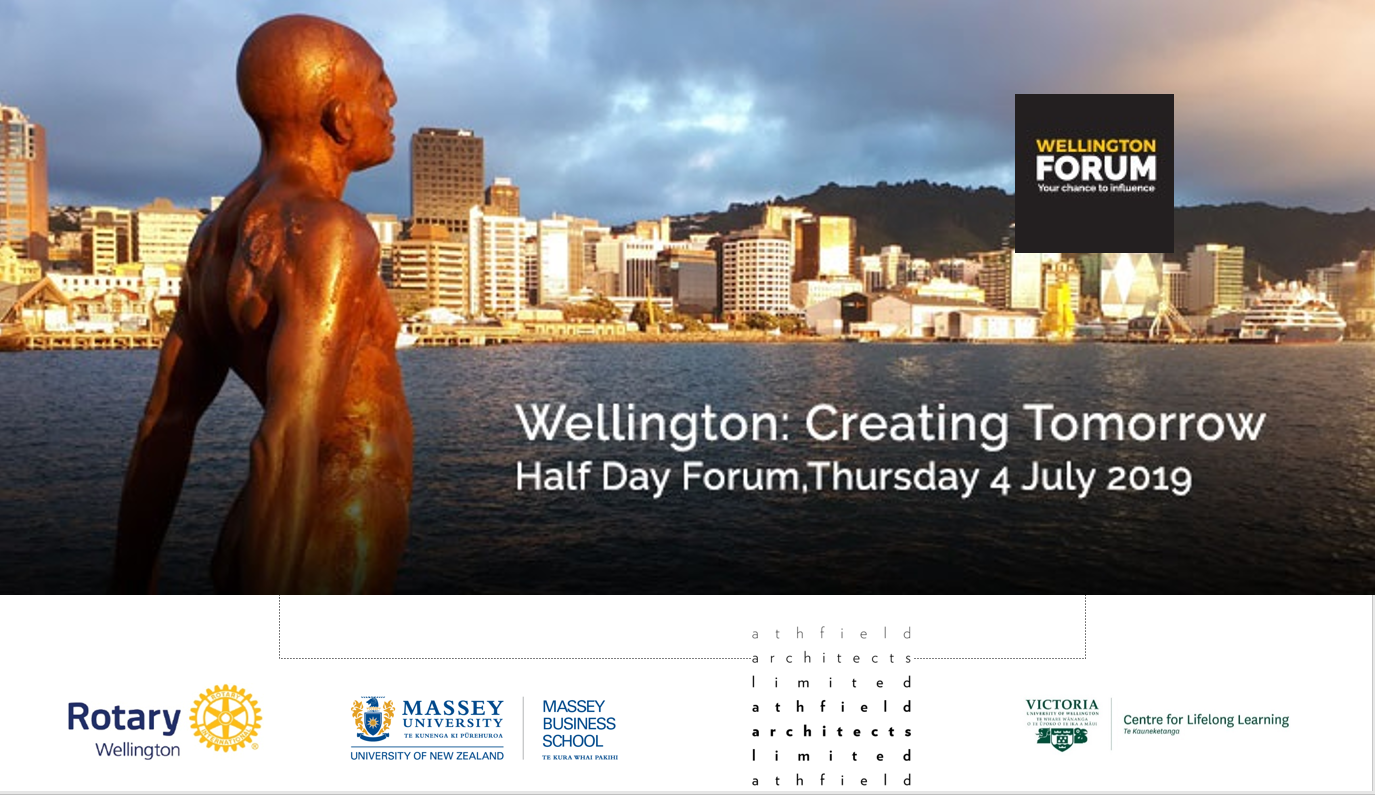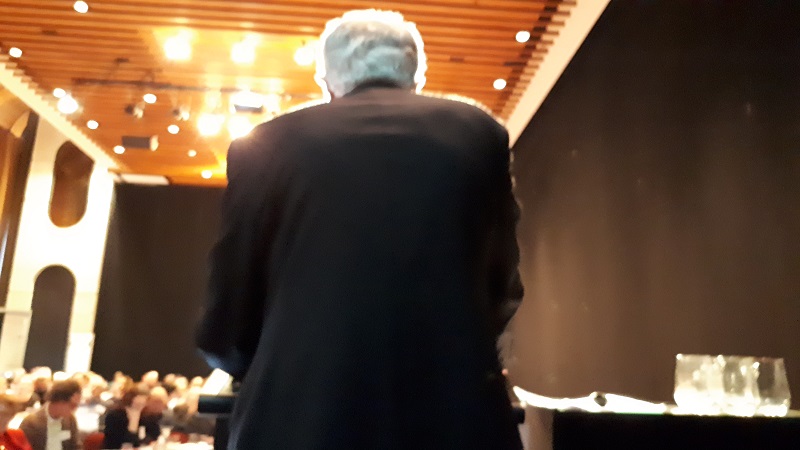Sum-up by Chair Roger Blakeley at end of Forum (with thanks to Karen Coutts for notes).
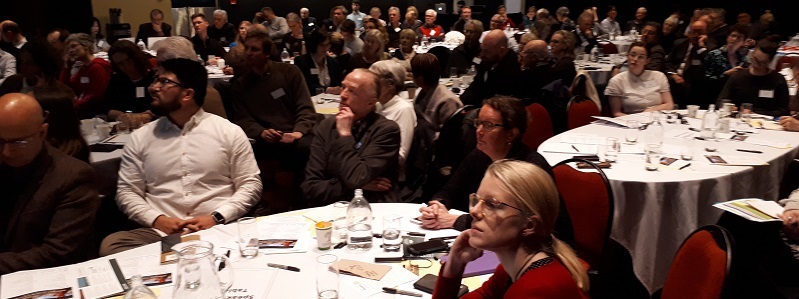
Mihi and welcome
We started the afternoon with a tri-lingual welcome, with mana whenua mihi starting us off from Wayne Mulligan, and English and sign-language welcome from Karen Coutts.
Mayor Justin Lester welcomed us with his vision of Wellington 2050 being a zero-carbon city, with no homelessness, recognising Te Reo, with an integrated transit system.
Session 1.
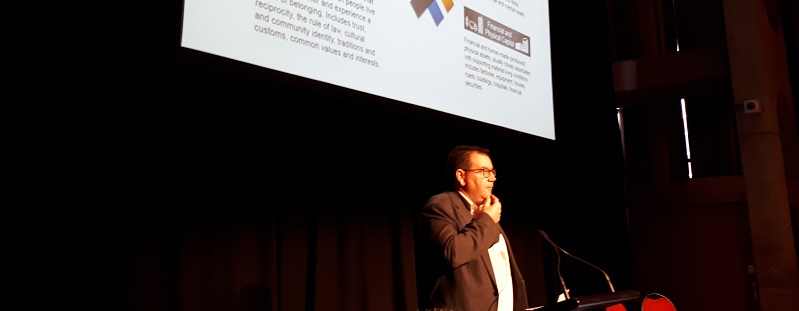
Grant Robertson, MP for Wellington Central
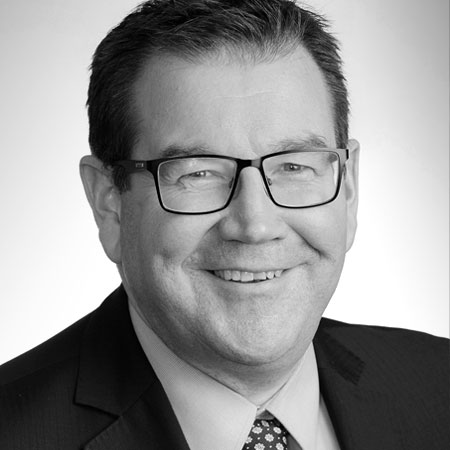 As the MP for Wellington Central, Grant spoke about the Well-being Budget and the importance of our community.
As the MP for Wellington Central, Grant spoke about the Well-being Budget and the importance of our community.
He challenged us to think of Wellington as the Social Capital, where the city is connected and inclusive. Grant wanted us to:
-
Celebrate the ordinary in our daily lives
-
Seek the extraordinary to lead across issues
-
Be the change, by partnership driving change we can do
Grant was queried and responded about urban renewal design to suit children.
Tamatha Paul, President, VUWSA
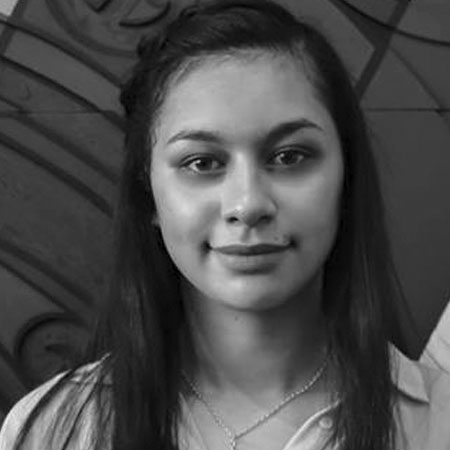 Tamatha started by acknowledging and honouring Tapu te Ranga marae and its legacy that binds across communities: nuns to gangs.
Tamatha started by acknowledging and honouring Tapu te Ranga marae and its legacy that binds across communities: nuns to gangs.
Tamatha shared her background of how the Tokoroa she grew up in did not have councillors or MPs changing the world, as her community needed. She spoke of what Wellington has: a great parliament, university etc as a progressive capital. She urged us to have ambition to deal with the environment, public transport, housing, and being inclusive.
We must have young people included every step of the way, and let them be decision-makers, share their opinions, provide innovative solutions. Get young people on the team!
Wayne Mulligan, Chair, Taranaki Whanui ki te Upoko o te Ika
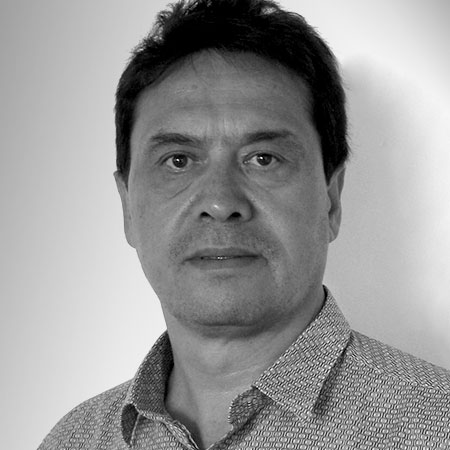 Wayne urged that we should turn this capital into a capital that attracts capital. It is the kainga (home) where we should live well. We need to get on with it!
Wayne urged that we should turn this capital into a capital that attracts capital. It is the kainga (home) where we should live well. We need to get on with it!
We need to get into bio-thematics and technologies of future generations: get our young people to disrupt and be the tech tribe. Get back to creativity. Be the IP for the world, and bring the capital back and give the work of Nuku ki te Puku in plant foods suitable for diabetics, as an example. And the potential of understanding biomass. Most of all, we should not be scared.
The Panel canvassed the changes needed for young people to get opportunities and be upskilled to make a decent income and take up responsibilities. Involve young people in civic decision-making.

Community of interest feedback
Be the art/social capital. We need improved infrastructure to deliver.
Wellington could be a world leader in social democracy, with young people leading disruption.
We need curiosity and confidence.
We need to connect people. To focus on social capital is inspiring. We need to think about vulnerable people and children in our urban design.
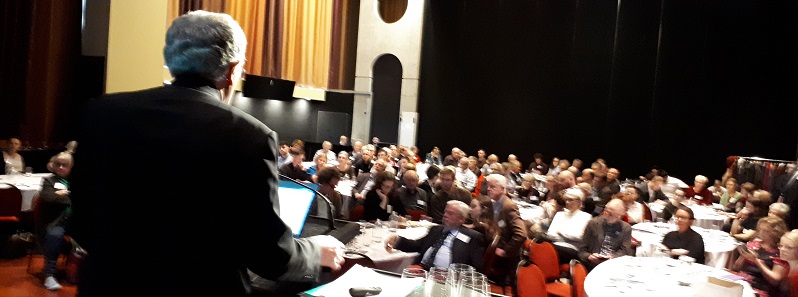
Session 2
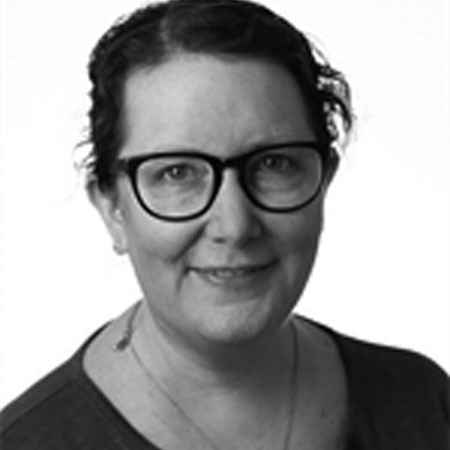 Moana Mackey, Chief Advisor to Chief City Planner, Wellington City Council
Moana Mackey, Chief Advisor to Chief City Planner, Wellington City Council
Moana reminded us of the Absolutely Positively Wellington campaign – small group with big ideas made big impact.
Future issues for Wellington are also future opportunities: climate change; population growth; seismic activity – need to be one conversation and planned for. Still be inclusive, accessible and creative.
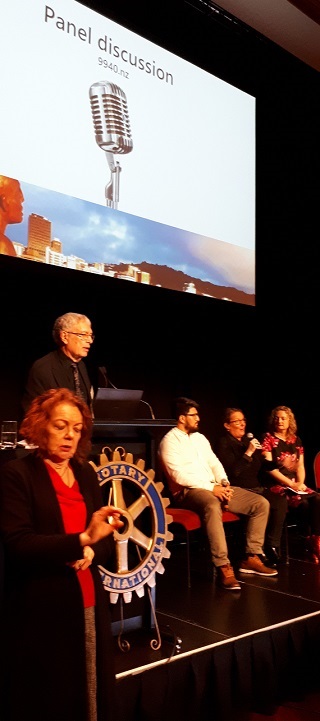
Her insight as a city planner seeking bottom-up views showed people have clear views of what they want, how to make trade-offs, issues of getting finance and home ownership need to be understood, so we can plan public transport, for instance.
Abbas Nazari, former refugee and advocate for inclusion
Abbas spoke about Wellington as his new home, and his memories of Afghanistan, and how, as an ethnic member of the country, he left on a journey that eventually brought him to New Zealand.
As a 7-year-old he was on a boat of 400 refugees, sinking to the north of Australia, rescued by the Norwegian freighter Tampa in 2001. The New Zealand Government agreed to accept the refugees. He went to university in Christchurch and became a Crusaders fan. He is now a policy analyst in Wellington. After the Christchurch mosque shooting on 15 March, 2019, he spent time in Christchurch, providing support to the Muslim community. He said that inclusion is a two-way process: it is about inviting people in, and going out to the community.
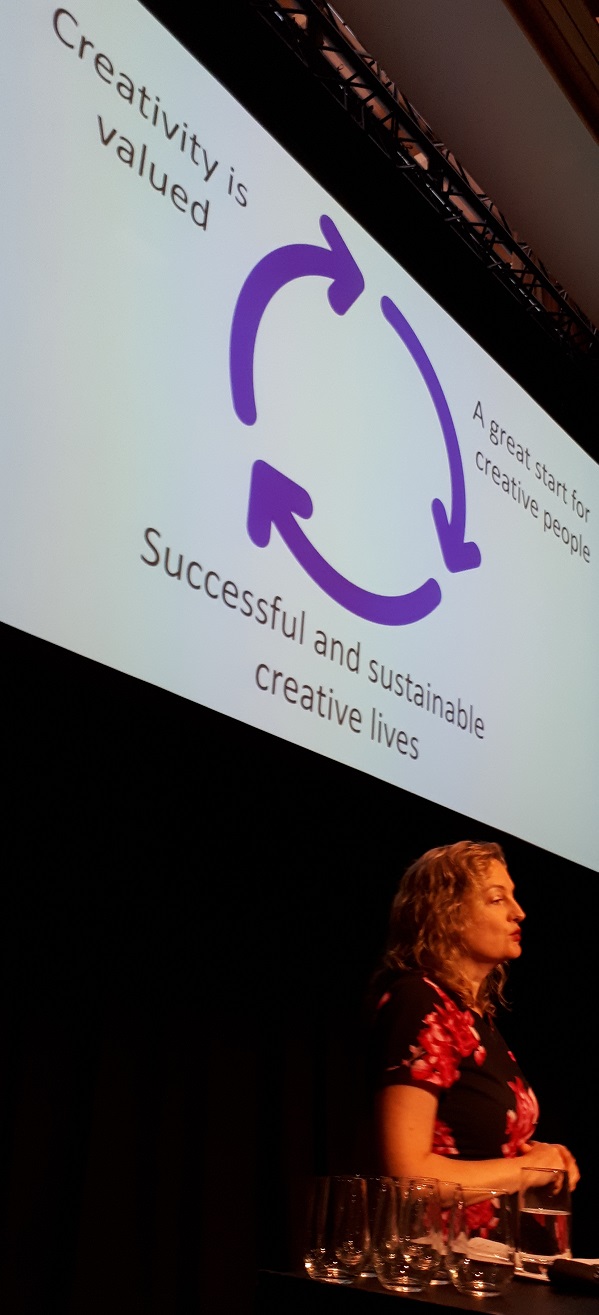
Victoria Spackman, Arts and Creativity advocate
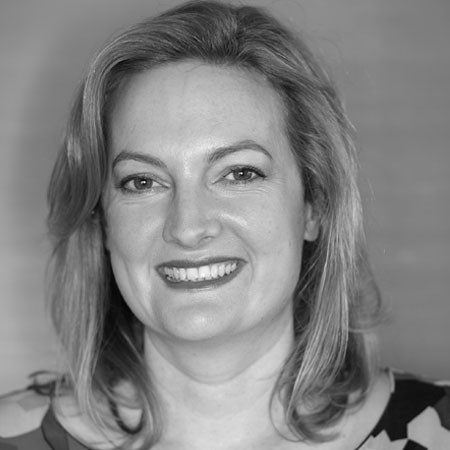 Victoria talked about a virtuous circle: a great start for creative people; successful and sustainable creative lives; creativity is valued.
Victoria talked about a virtuous circle: a great start for creative people; successful and sustainable creative lives; creativity is valued.
She said that we need to recognise the direct benefits of creativity. Citizens want to invest their time and money in the arts. Creative people are critical thinkers and problem-solvers, and valuable employees in a wide range of areas. So, what can we do to help this virtuous circle become the basis of a great, creative city?
The Panel discussion included a theme of urban design in Wellington and getting citizens used to the idea that we can’t continue to have large tracts of urban land dedicated to car parking spaces.
Community of Interest feedback
Pay the living wage to artists.
Make time for engagement.
Concrete idea – everyone works 4 days per week.
Climate change emergency – people feeling politically active.
What is going to come out of this? How do we harness knowledge? Do we join the extinction rebellion?
Session 3
Anake Goodall, Chair, Hillary Institute of International Leadership
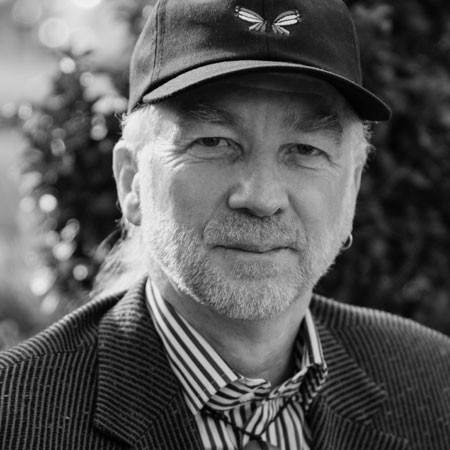 Destabilisation of climate has led to mass extinction of species. The future of work may be a brutish extension if we don’t do something about it. We are at a fork in the road – people are doing what they can. Where to next? Requires acts of courage: organise, divest, invest, people-powered change, the super fund has set an example by terminating investments in fossil-fuel-powered industries, and reinvesting $1b in low-carbon technologies.
Destabilisation of climate has led to mass extinction of species. The future of work may be a brutish extension if we don’t do something about it. We are at a fork in the road – people are doing what they can. Where to next? Requires acts of courage: organise, divest, invest, people-powered change, the super fund has set an example by terminating investments in fossil-fuel-powered industries, and reinvesting $1b in low-carbon technologies.
Have we got the courage to stand alongside the younger generation regarding extinction rebellion and climate emergency?
Anake had three calls to action:
-
Not knowing – learning
-
Bear witness – don’t change the conversation
-
Take action together (dare to lead) – we have the tools to effect the change we need.
Dr Sarb Johal, clinical psychologist and disaster mental health expert
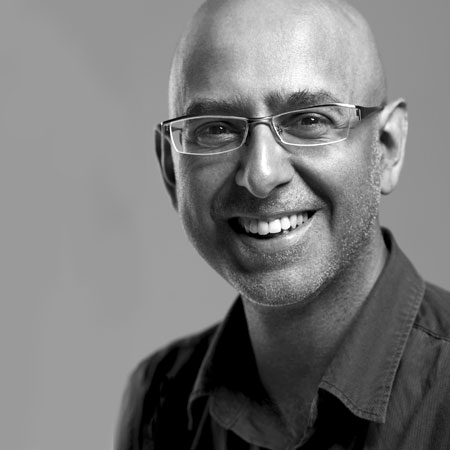 Started talking about sewerage overflows. Loneliness is also a public health hazard. “Let’s talk about loneliness.” “Are we tackling structural issues underlying loneliness?”
Started talking about sewerage overflows. Loneliness is also a public health hazard. “Let’s talk about loneliness.” “Are we tackling structural issues underlying loneliness?”
Urbanisation – spatial inequalities in income and education lead to separation. External costs of those who are left behind. Build connections, embeddedness in communities is the antidote to loneliness.
Wellington has a high proportion of incoming migrants. Think about what makes people happy here. “Loneliness prevention – making sure people feel embedded in their communities.”
Chloe Swarbrick, MP
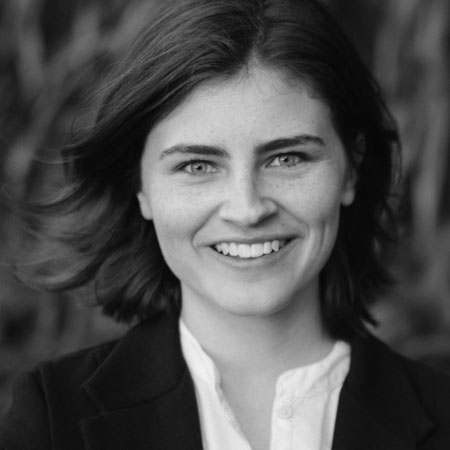 Chloe’s 5-point plan to make change:
Chloe’s 5-point plan to make change:
-
Know your stuff – do your research
-
Keep an open mind – you could be wrong
-
Find your people – you will need them
-
Take a step back and reflect
-
Celebrate your wins
Sophie Handford, School Strike 4 Climate
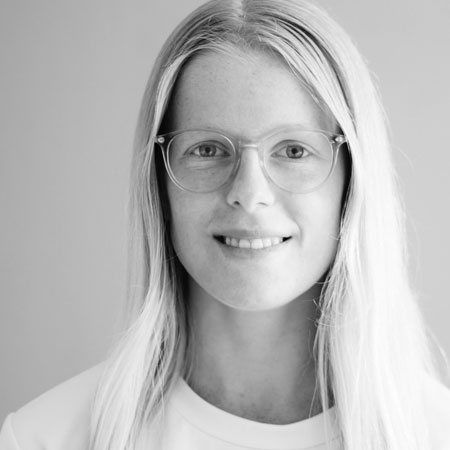 Sophie talked about empowerment. She talked about a conversation with a 15-year-old, who said: “I am going to keep fighting till we die.”
Sophie talked about empowerment. She talked about a conversation with a 15-year-old, who said: “I am going to keep fighting till we die.”
Sometimes we feel paralysed. We must be the change. We must support each other. We must come out of our comfort zones.
The School Strike 4 Climate movement includes 5,500 students in Wellington, and people as young as 8-10 year olds. It has grown from a group of a few people. She said that they are doing this for future generations, and that they’d been inspired by Greta Thunberg.
Sophie’s messages were: think outside the box, be the change, stop talking and take action, build from the bottom up.
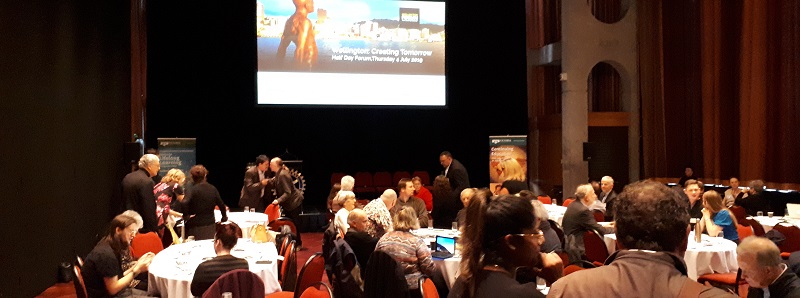
Closing thoughts from Chair
We invited speakers who we thought would inspire you the participants - and they have delivered!
We have put you at tables in your ‘Communities of Interest’ because we wanted to give you the opportunity to share ideas, collaborate and co-create the Wellington of Tomorrow. We hope that the ideas generated and relationships formed will have a life beyond the Forum.
Several speakers have invoked the famous quote from Mahatma Ghandi: “We must be the change we want to see in the world”. If we have 100 people going out the door today committed to “being the change”, we will truly have an impact on creating the Wellington of Tomorrow.
What's your Community of Interest?
Wellington Forum promotes online discussion in these eight 'Communities of Interest'.
For more information and a link to a community website
to have your say, CLICK ANY PICTURE TO OPEN ↓
Creative Wellbeing
Climate Change 
Māori Economic Development 
Economic Opportunities
Arts & Culture 
Active Recreation
Urbanist Planning
The Future Of Work

 Moana Mackey, Chief Advisor to Chief City Planner, Wellington City Council
Moana Mackey, Chief Advisor to Chief City Planner, Wellington City Council